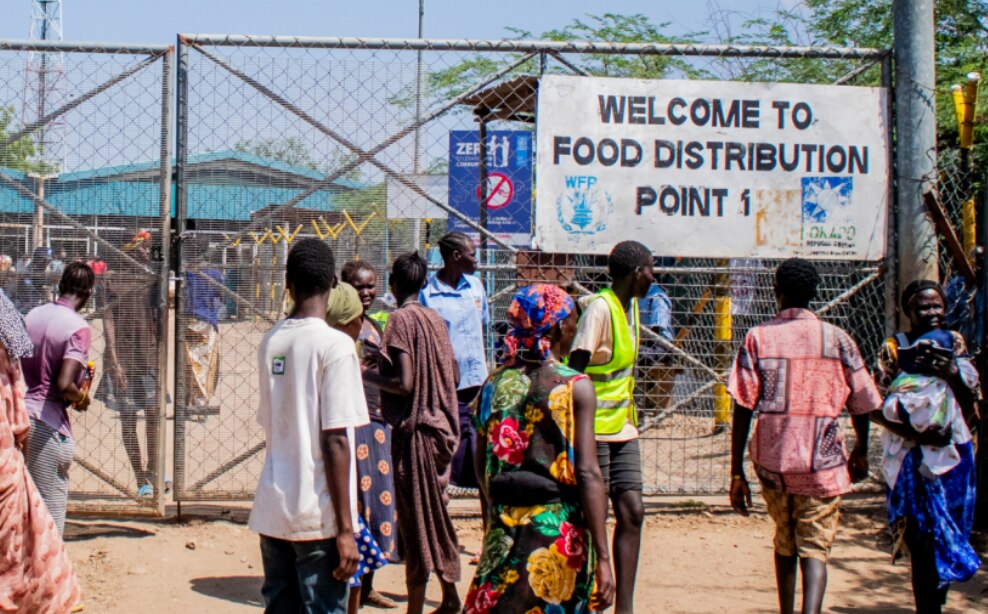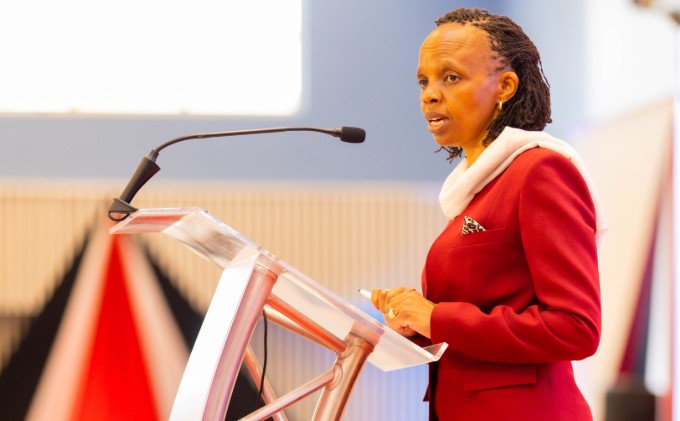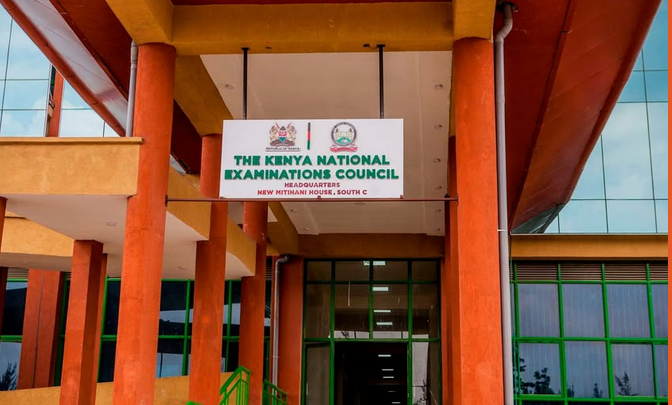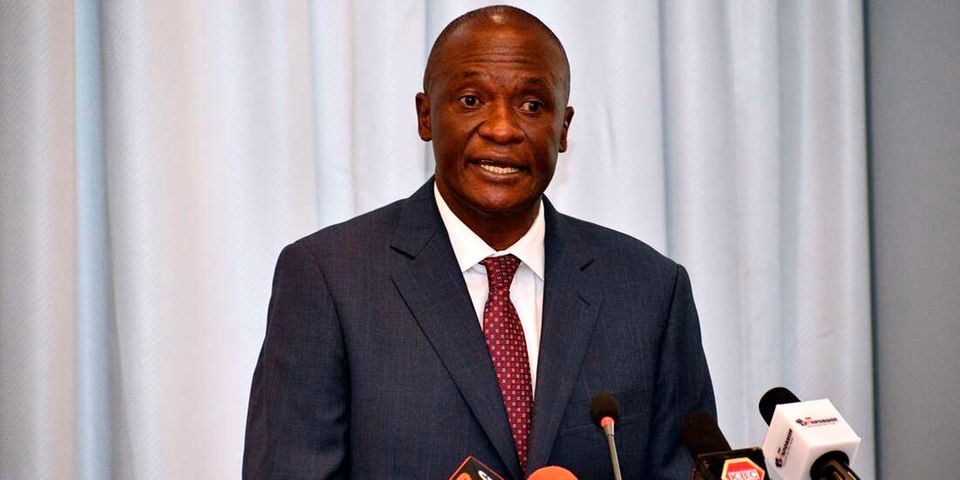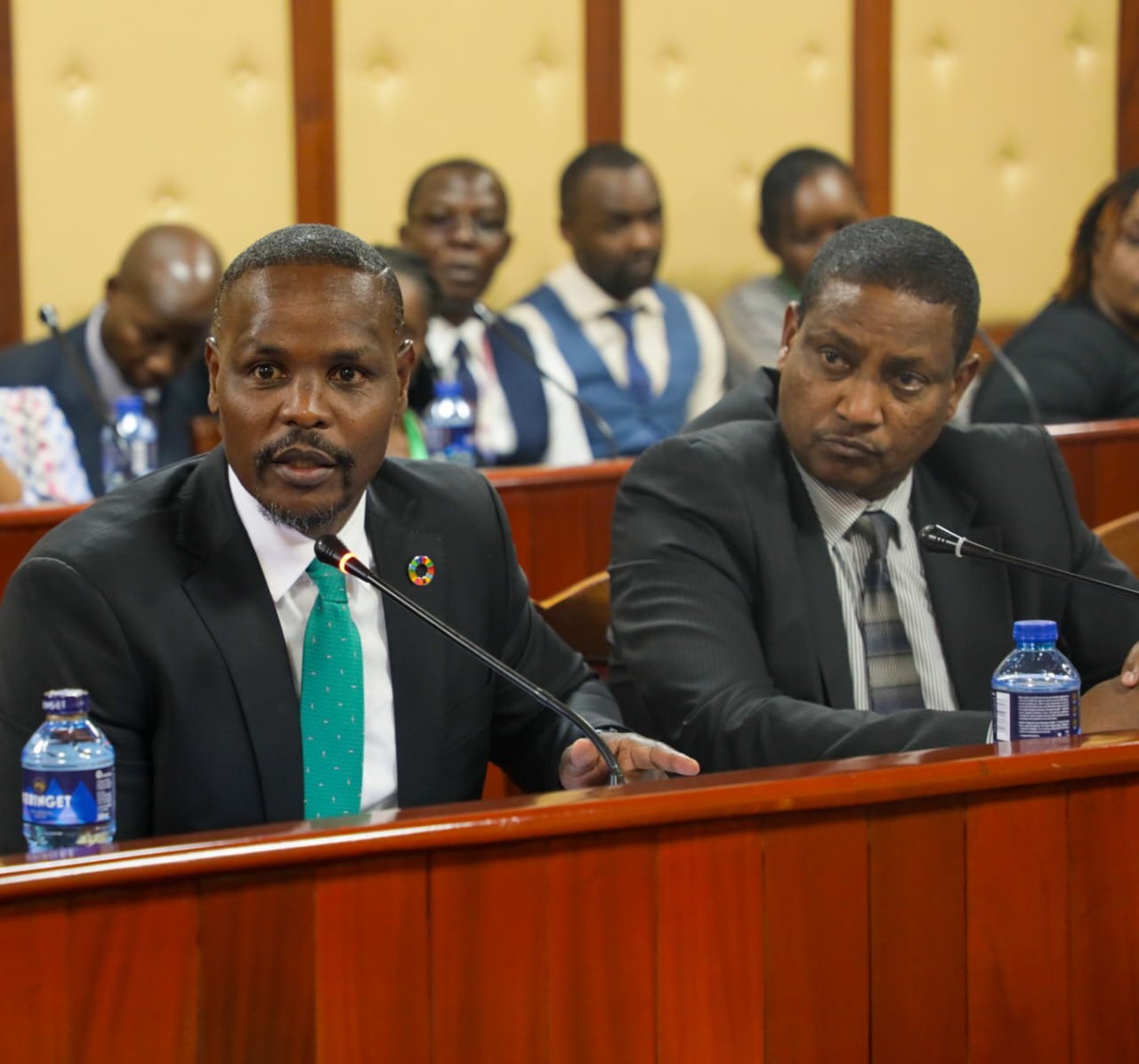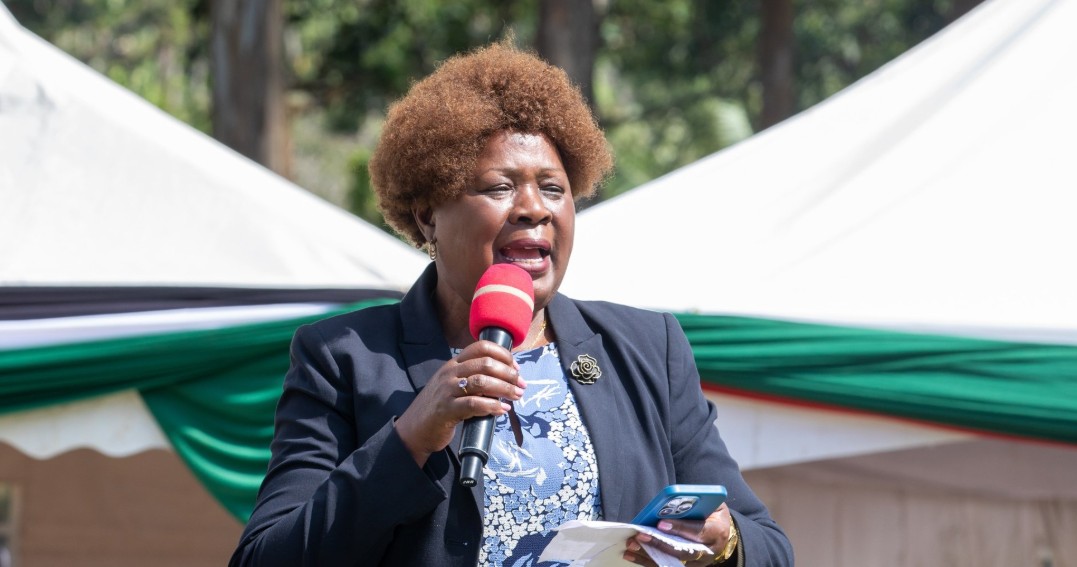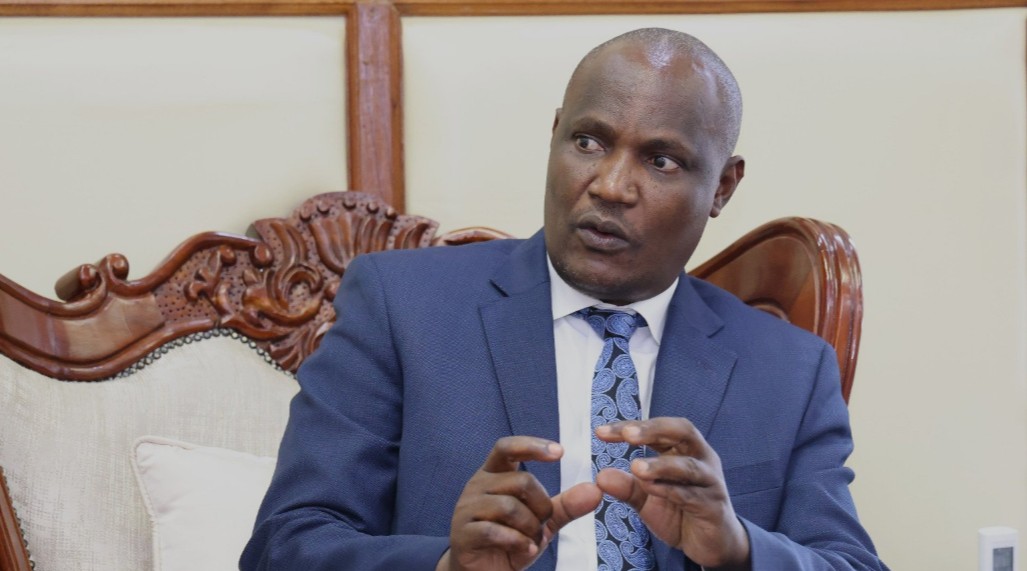Sudan envoy defies junta’s orders to cut ties with UAE, saying it is "irrelevant"
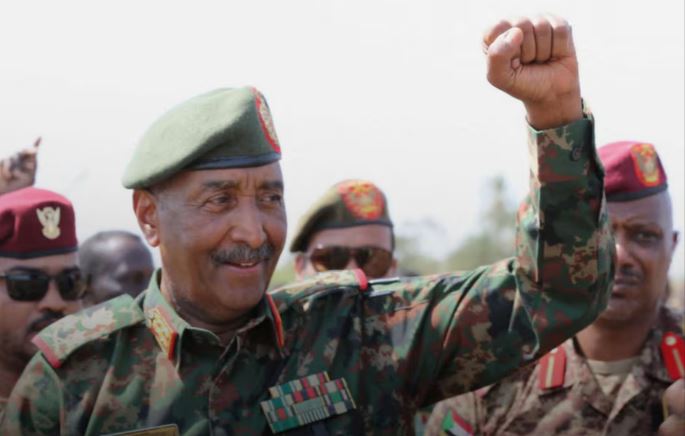
The decision, ostensibly driven by accusations that the UAE is arming the Rapid Support Forces (RSF), is now sparking an international legitimacy crisis.
As Sudan's civil war rages on, its diplomatic corps is fracturing along with its fragile state.
In a rare act of defiance, Sudan's ambassador to the United Arab Emirates, Abdulrahman Sharafi, has rejected an order by the military-led government in Port Sudan to sever diplomatic ties with Abu Dhabi.
More To Read
- UN human rights expert visits Port Sudan amid escalating civil war and RSF power move
- Egypt begins free train rides for Sudanese refugees returning to Khartoum
- Sudan bans WhatsApp voice and video calls, citing national security amid ongoing conflict
- Sudan’s General Burhan lands in Khartoum as army reclaims control of strategic airport
- Fragile serenity: Displaced Sudanese find momentary refuge in Tawila, North Darfur
- 46 killed, 37 injured in paramilitary attack on village in Western Sudan: volunteer groups
The decision, ostensibly driven by accusations that the UAE is arming the Rapid Support Forces (RSF), is now sparking an international legitimacy crisis.
"I will not give up my duty to our citizens in the UAE," Abdulrahman told Al Ain News, calling the dismissal order "irrelevant" and "not legally binding."
The ambassador maintains that the Port Sudan authorities "do not represent the Sudanese people" and lack the constitutional mandate to make such decisions.
He has vowed to remain at his post and continue providing consular services.
The junta's move to expel the UAE's influence came just a day after the International Court of Justice threw out a case filed by Sudan accusing the Emirates of violating the Genocide Convention by allegedly supplying weapons to the RSF.
The court found it had "manifestly lacked jurisdiction," dealing a blow to the junta's legal and diplomatic standing.
The UAE has also dismissed the Port Sudan decision, stating that it "does not recognise the legitimacy" of the military government and remains committed to its historical ties with the Sudanese people.
The Emirati Ministry of Foreign Affairs emphasised that the rupture declared by the junta would not affect relations with "Sudan and its dear people."
Abdulrahman's stance lays bare the power vacuum and deep divisions plaguing Sudan's institutions.
Competing claims of legitimacy between General Abdel Fattah al-Burhan and RSF leader Mohamed Hamdan Dagalo (Hemedti) have paralysed governance, diplomacy, and the peace process.
Top Stories Today
- One dead, two officers injured as protests rock Kakuma refugee camp
- 2024 KCSE learners urged to explore TVET as alternative route to jobs, entrepreneurship
- Julia Wangui's death: Family rejects post-mortem findings, accuses state of cover-up
- Today's court cases: Nairobi court to rule on MP Kihara case as Rex Masai, Charles Were trials resume
- Environment Ministry withdraws 2025 regulations amid outcry over lack of consultation
- KNEC diverts rent savings to revive Mitihani House project whose construction started in 1986

